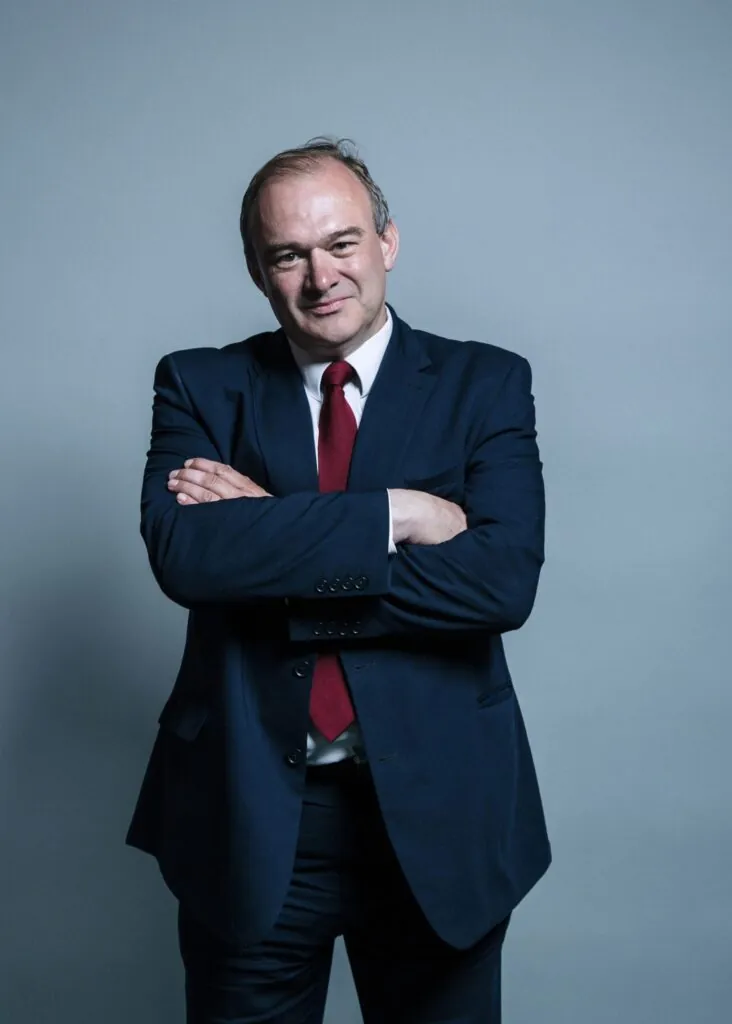Sir Ed has since focused their attention on local grassroots campaigning – in particular on taking Conservative seats. Now, some giddy supporters are even thinking the unthinkable, overhauling the Conservatives, who have slumped to just 121 lawmakers, to become the Official Opposition in the next general election. But more level-headed operators will be aware that big strategic choices lie ahead first, in between Sir Ed falling into lakes or bungee jumping, as they look to make an impact in this new parliament.
The reality remains that it is Labour who are supreme in the Commons, they can pass any law, however contested, like the recent change in the Winter Fuel Allowance. Yet the Lib Dems will have heightened influence in shaping the debate and pressuring Labour lawmakers. Their relationship with Labour remains remarkably cordial, with Sir Ed promising ‘constructive opposition’ but tensions will likely rise as Labour makes unpopular decisions, including at the Budget next month.
So where next for the Lib Dems and where might their interests land?
Sir Ed as Leader is an experienced parliamentarian, even if his new flock are not. He will focus his troops on navigating parliament – fueled with more public money as a reward for winning more seats to invest in policy advisers on subjects he knows he can garner wider support. Initial areas point to putting pressure on the government on investment in the NHS and in Social Care. There will also be continued pressure at the grassroots level to openly embrace a closer UK-EU relationship. Labour’s ambitious planning policy will be a bigger headache for them – given the vast majority of their new seat gains are in rural areas, even if the Lib Dems want to talk big on housing nationally. Expect some resistance there as Labour dilutes local consent on development.
This then is a reminder that the Lib Dems, unlike Labour or the Tories, are very much a grassroots party, driven from the bottom. Their chameleon national policy positioning gives MPs sufficient latitude for their own constituency-level campaigns. Sir Ed’s directive is for their new MPs to become ‘local champions’. The downside of being so local is that Lib Dems sometimes struggle to make a national impact and the Conservatives will likely still take the lionshare of the limited limelight that Opposition Parties receive.
Any campaign engagement with a Lib Dem MP should therefore have a clear line of sight to their local context. As a grassroots driven party, they will also take an outsized interest in their councillors too and on what happens at Local Elections.
All MPs will be on the market for campaigns which connect with their personal pet interest and those of their constituents but the locally focused Lib Dems will be particularly open. They might feel relatively free compared to Labour MPs who are under pressure to tightly follow Labour whips, or Conservative MPs who will be devote time opposing Labour policies at national level.
Cast From Clay will continue to monitor policy makers under this new parliament, including the Labour Party Conference next week. Stay tuned for more!
Image Credit: Chris McAndrew, CC BY 3.0 https://creativecommons.org/licenses/by/3.0, via Wikimedia Commons




